It can be hard to determine what’s true or false when it comes to diet. Every day seems to bring with it a new rule or rumour. We decided to enlist the help of dietician Michelle Loughlin from Spectrum Health to set the record straight on a few commonly circulated diet theories.
Brought to you by: 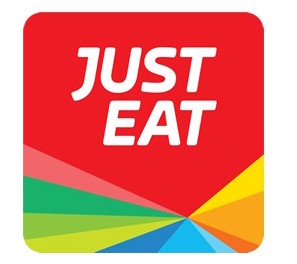
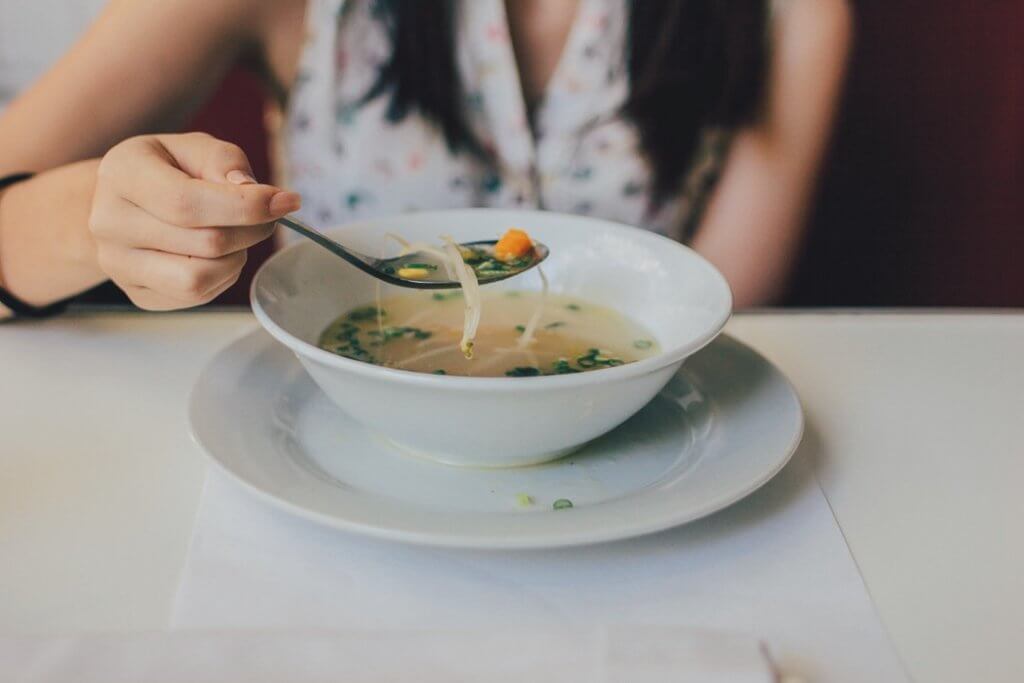
Thanks to our partners Just Eat, we’ve included some great, healthy take-out and delivery options that you can choose from once you’re armed with your new knowledge.
Michelle Loughlin is an Irish Dietitian registered with CORU and a member of INDI (Irish Nutrition & Dietetic Institute). Michelle is passionate about health promotion and is focused on educating people about nutrition to optimise health and prevent diet-related diseases. She currently sees clients one on one at SpectrumHealth.ie’s private practice as well as delivering nutrition seminars and food demos in the corporate sector. Michelle has helped us to debunk some diet myths – once and for all!
1. Caffeine Can Affect Athletic Performance
TRUE! Why…
Recent research suggests that caffeine can help to boost sports performance. This is great news for coffee lovers! Dietary sources of caffeine include tea, coffee, chocolate, cola and energy drinks.
So how does it work? The most likely mechanism is that central nervous system effects provide fatigue resistance or a masking of the perception of effort. In simple terms, exercise can seem easier and you may find that you don’t get tired as easily.

It seems that the timing of the intake of caffeine around training or competitive events is more beneficial than the amount of caffeine consumed.
Studies confirm that beneficial effects from caffeine occur at very modest levels of intake (1-3mg/kg BW or 70-150 mg caffeine) when it is taken before and/or during exercise. Performance benefits do not appear to increase with increases in the caffeine dose.
It appears that coffee may not be the best source of caffeine due to the large variability of caffeine levels among different brands. It is important to ensure that you are not overconsuming caffeine as it can lead to tremors, increased heart rate and sleep deprivation which in turn can negatively affect performance if the athlete is fatigued.
It is best to find a pattern of caffeine use in your everyday life and sports performance that is consistent with good health, wellbeing and performance goals.
5 Foods Every Athlete Should Eat
2. The Golden Hour Does Exist
TRUE & FALSE! Why…
This nutritional theory is not as clear-cut as the rest. The importance of recovery nutrition depends on the type and duration of exercise completed, body composition goals and personal preferences. However, existing studies do indicate that post-exercise nutrition is beneficial. Aiming to refuel with a meal or a snack should be among your priorities post-exercise.
The goals of the recovery nutrition are to:
- Appropriately refuel and rehydrate the body
- Promote muscle repair and growth
- Boost adaptation from the training session
- Support immune function
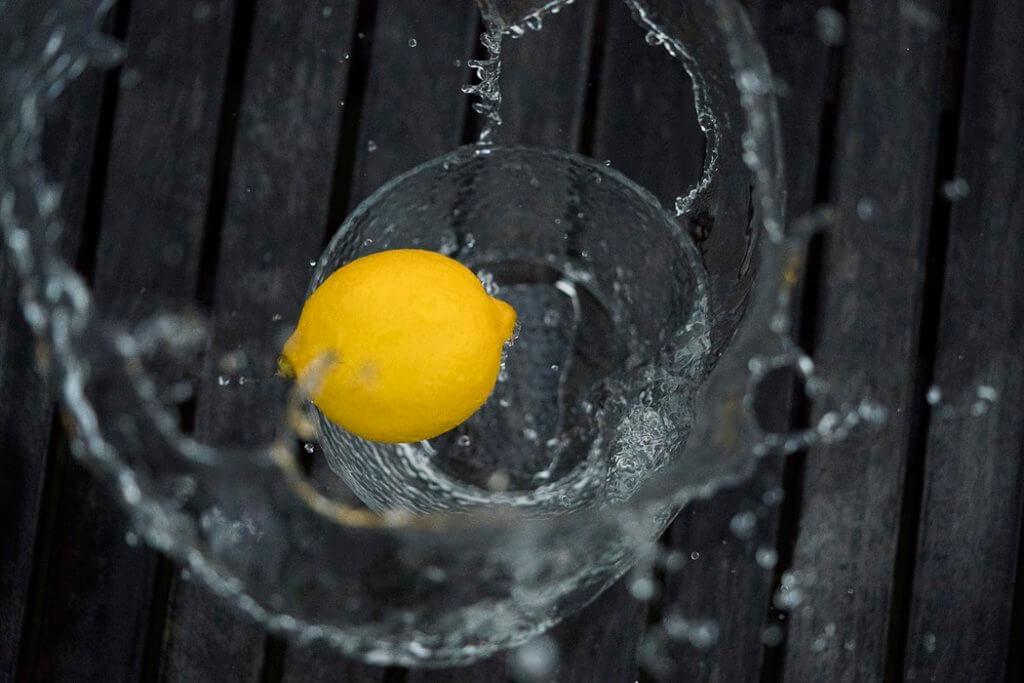
The theory is that the body is most effective at replacing carbohydrate and promoting muscle repair and growth in the first 60-90 min after exercise. However, this will also continue to occur for another 12-24 hours. So, if you have a quick turnaround between training sessions it’s a good idea to maximise your recovery by eating well in the first 60-90 minutes after you finish exercising.
Otherwise, you could use your next regular meal after the session as your recovery nutrition.
In general, it is a good idea that your post-exercise food contains:
- Quality carbohydrate to replenish muscle fuel stores
- Lean protein to promote muscle repair
- A source of fluid and electrolytes to rehydrate effectively
3. Carbohydrates Are Bad For You
FALSE! Why…
Many people believe that carbohydrate in the diet can lead to weight gain. As carbohydrates can be simple or complex, we can’t lump them all into the same category. Carbohydrates play an important role for athletes with the provision of energy for the body. Reducing carbohydrate intake may lead to fatigue and reduced performance and negatively affect endurance.
Weights vs Cardio for Weight Loss – Which is More Effective?
Carbohydrates are one of the essential nutrients and provide us with a host of benefits including energy, which is especially important if you live an active lifestyle. Carbohydrates also provide us with fibre which is responsible for keeping our bowel movements regular and warding off disease of the gut. They are also an excellent source of B vitamins and are involved in the production of serotonin which helps us to feel good.
Carbohydrates have many important roles in the diet. As protein and carbohydrates contain the same number of calories per gram, it is not a food which will cause you to gain weight unless you don’t control your portions.
Avoiding carbohydrates can be detrimental for athletes who may find that they experience reduced energy levels and reduced performance. During moderate to high-intensity exercise, the body is unable to use fat as a fuel quickly enough and requires carbohydrate to produce energy.
So, choose wisely when it comes to carbohydrates. Because after all, quality matters!
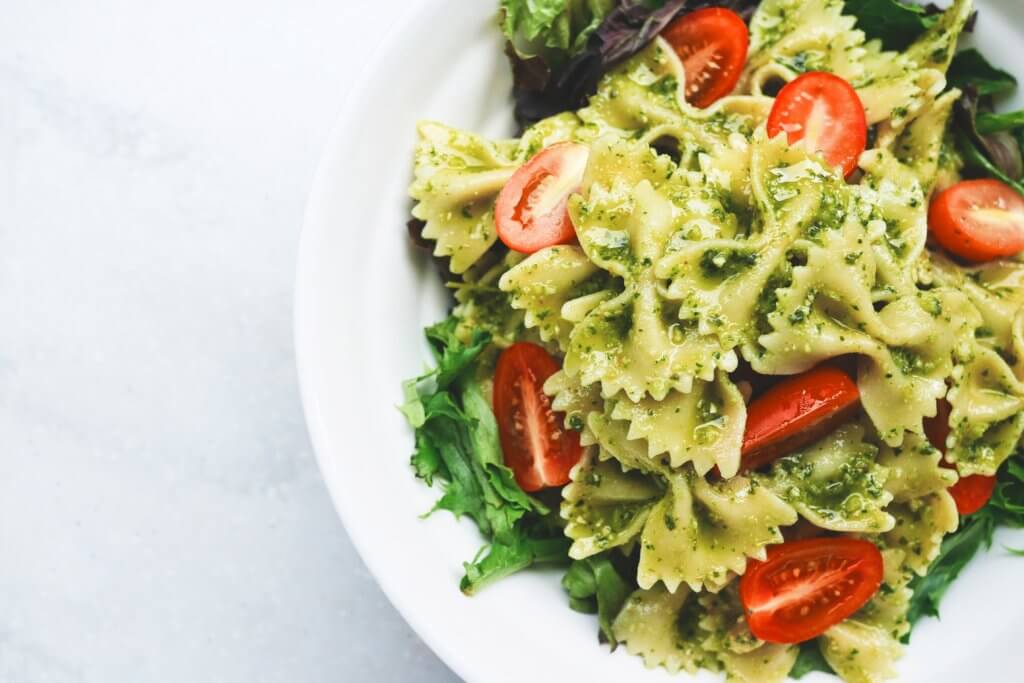
The healthiest sources of carbohydrates include unprocessed or minimally processed whole grains, vegetables, fruits and beans. Aim to include sweet potato, brown rice, wholegrain bread, brown pasta, oats, fruit and vegetables at main meals.
Unhealthier sources of carbohydrates include white bread, pastries, sodas, and other highly processed or refined foods. These items contain easily digested carbohydrates that may contribute to weight gain, interfere with weight loss, and promote diabetes and heart disease.
Simple carbohydrates such as fruit, jam and honey can be helpful during prolonged periods of exercise to give the body a quick supply of energy. Including healthy sources of carbohydrate in your diet will help you to perform optimally, help to maintain balanced energy levels, promote good mental health and ward off digestive issues.
4. Full-Fat Foods Should be Avoided in Favour of Low-Fat Options
TRUE & FALSE! Why…
This is a complex area of nutrition and not as simple as true or false. This comes down to you as an individual and the types of foods that you are consuming.
Troublesome sources of fat include crisps, biscuits, takeaways etc. If you are thinking in terms of low-fat crisps, chocolates and sweets, then these should be limited in the diet just like their full-fat alternatives and they should not be viewed as a healthy contribution to the diet. They will still be lacking in nutrients and will have very little beneficial contribution to your diet and health.
Low-fat foods such as milk, yoghurts and cheese can be advantageous in the diet, where overweight or obesity is an issue, as they tend to lower our calorie intake and therefore will not promote weight gain.
The Beginners Guide to Going Vegan
On the flip side, many products which are low in fat can have added sugar to compensate for the effect to taste and therefore we can end up consuming excess sugar. Unfortunately, not all products are created equally and a little investigation work can be necessary to make sure that you are making a healthy choice.
Full fat products generally should not be a problem where they are not over consumed and the individual is of healthy weight and does not have issues with their cholesterol levels.
A general rule of thumb would be to move towards a minimally processed diet, meaning not to overconsume packaged foods and takeaways. This will automatically mean you will be eating less bad fat overall.
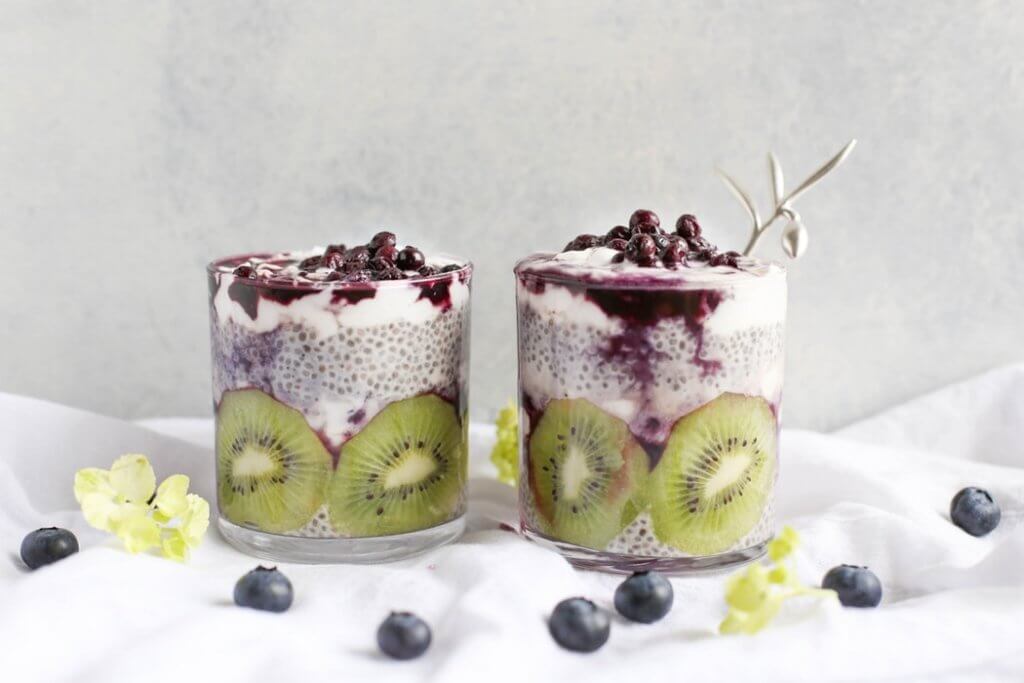
Fat is an essential nutrient and is extremely important for good health. Aim to include healthy fats in the diet such as avocados, nuts, seeds and oily fish. As they are energy dense, portion control is important to avoid weight gain.
5. Vitamins supplements will make up for a poor diet
FALSE! Why…
The clue is in the name: supplement. If supplements could make up for a poor diet then they would be called replacements and you can bet that they would be far more expensive. We tend to like the easy option but in this case, supplements will not outweigh the side effects of a poor diet.
The body is a finely tuned vehicle and supplements can’t mimic how food works in the body from promoting satiety, providing energy, and making us feel good. Our food is a package of nutrients and when chosen wisely, your diet can transform your health and energy levels. There is no supplement on the market that will do everything that a healthy, balanced diet will do for you.
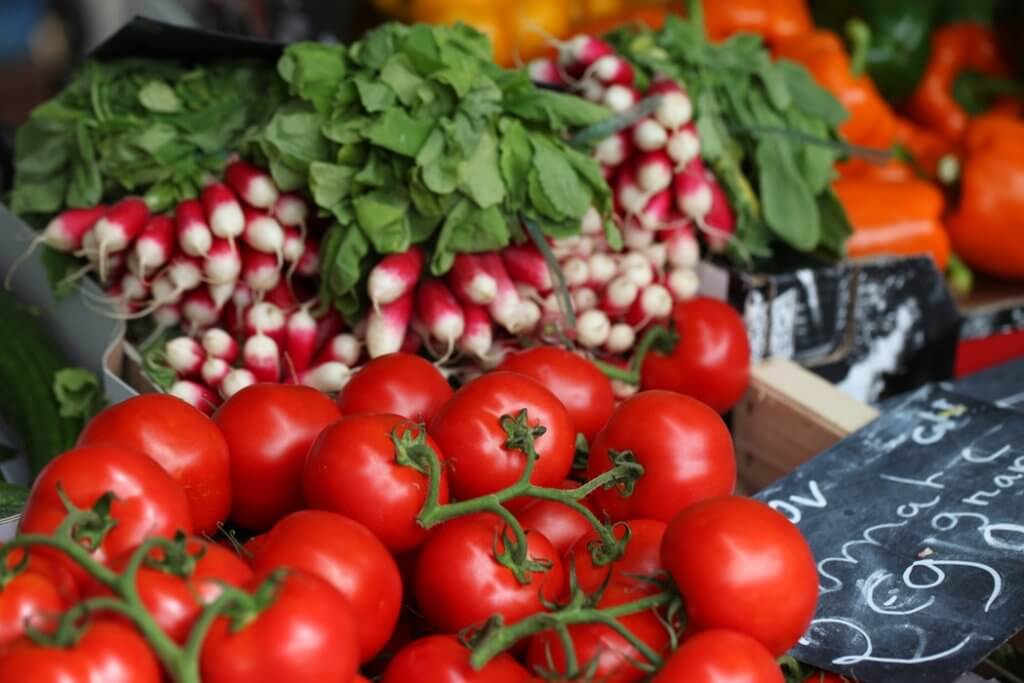
An athlete who consumes mostly processed foods but takes supplements will not have the same energy levels or health as an athlete who eats a minimally-processed diet based on healthy carbs, protein, fats, fruit and vegetables.
Of course, supplements can be advantageous on top of a healthy diet to ensure that you are getting everything you need, but the focus should be on food first – before turning to supplements to meet your requirements.
6. Natural Sugars are Better For You Than Refined Sugars
TRUE! Why…
Many people are terrified of sugar and believe we should completely cut it out of our diets. All carbohydrates break down to glucose, which is commonly referred to as sugar, in the body to provide your body with energy.
Sugar is not really the problem more so the type and amount of sugar that we are eating. Refined sugar is highly processed. Refined sugar is found in bread, cakes, biscuits, ketchup and other condiments. It is everywhere. It doesn’t serve a purpose in the diet and it is highly addictive.
The Best and Worst Foods for Fuel
Refined sugar is easily absorbed in the body and it can cause a spike in our energy levels, but this is short lived and we usually crash – leaving us wanting more and more refined sugar.
Usually, when we taste sugar we want more. Refined sugar is considered empty calories meaning that it will provide the body with energy but very little else. Sources are usually lacking in other nutrients. An advice would be to limit refined sugars in the diet.
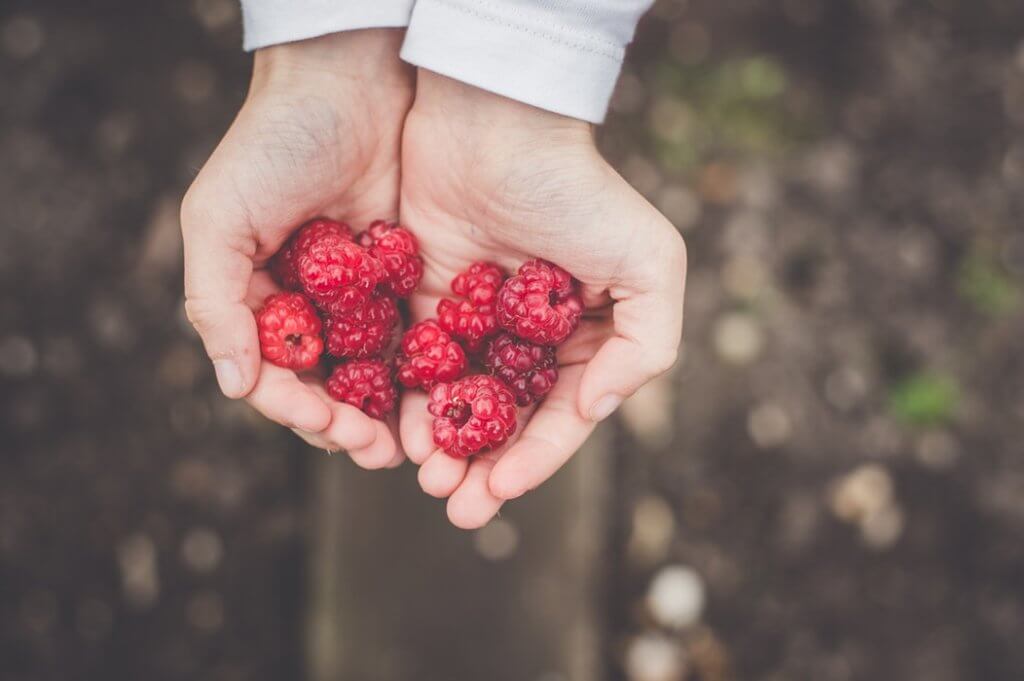
As all carbohydrates break down to “sugar”, they are all a source of natural sugars. Sources include fruit, yoghurts, milk and honey. Let’s take fruit as an example. How is it better for you than refined sugars?
Fruit is a package of nutrients so when you eat fruit you are not just getting sugar. You also provide your body with fibre, vitamins, minerals, antioxidants and phytonutrients.
Due to the plant cell wall, it is also harder for the body to break down fruit and access the sugars so generally there is a slower release of sugar from an apple than a can of fizzy drink, especially if you eat the piece of fruit with another food, for example, peanut butter.
So in summary, the body needs sugar as a source of energy but an advice would be to cut down on, or eliminate, refined sugars and aim to include natural sugars in the diet.
7. It’s Necessary to Carb Load Before Races
TRUE & FALSE! Why…
This isn’t a strictly true statement as we’re all different. But current research indicates that it is beneficial to carb load before races. Again, this can vary according to the individual but in general, most people find it beneficial to increase the proportion of carbohydrates that they are taking in the run-up to a big race whilst tapering down their exercise.
This allows your body to load up your glycogen stores so that you will have an adequate supply of stored energy in your muscles and liver. However, like everything, it is all about balance. It is not an opportunity to go crazy with your intake of pizza and pasta in the run-up to a race.
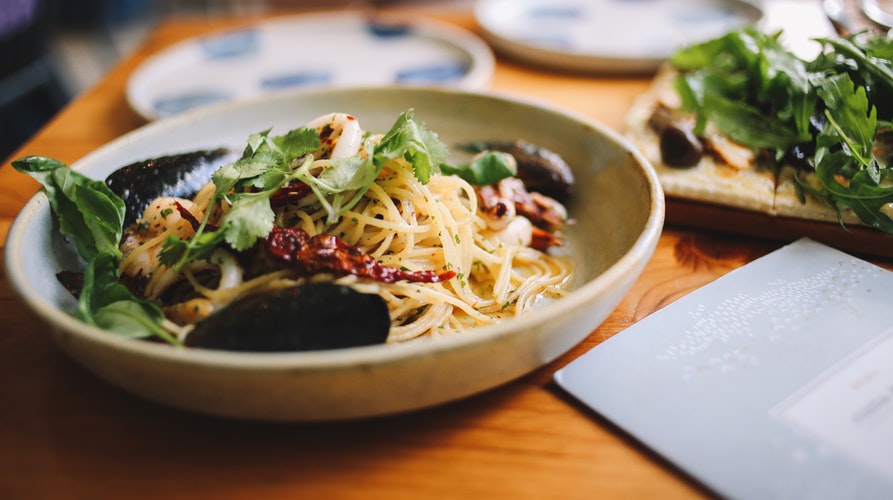
This can have a negative effect and leave you feeling sluggish and lethargic. Instead, stick with your normal meals but simply increase the proportion of carbohydrate foods at your meals e.g. a larger portion of rice, pasta or potatoes.
Good foods to eat when carb loading include bread, pasta, rice, potatoes and sweet potatoes. Remember that dairy products, fruit and vegetables are all sources of carbs also.
Gerard Prendergast: What I Eat in a Week
8. Sweets and Chocolate Are The Only Way to Get Quick Energy During a Race
FALSE! Why…
Chocolate and sweets are packed full of easily absorbable sugars, meaning that they can be a quick supply of energy during a race. However, they provide the body with little other than sugar. So if you are working out frequently and taking part in regular races, you may find that you are overloading your body with sugar.
Another common issue is athlete weight gain. Believe it or not, we often overestimate how many calories exercise burns and loading up on sweets and chocolates can actually mean you are taking in more energy than you are burning. Including nutrient-rich snacks during races, which provide the body with easily absorbable sugars, is preferable to loading up on sweets and chocolates.
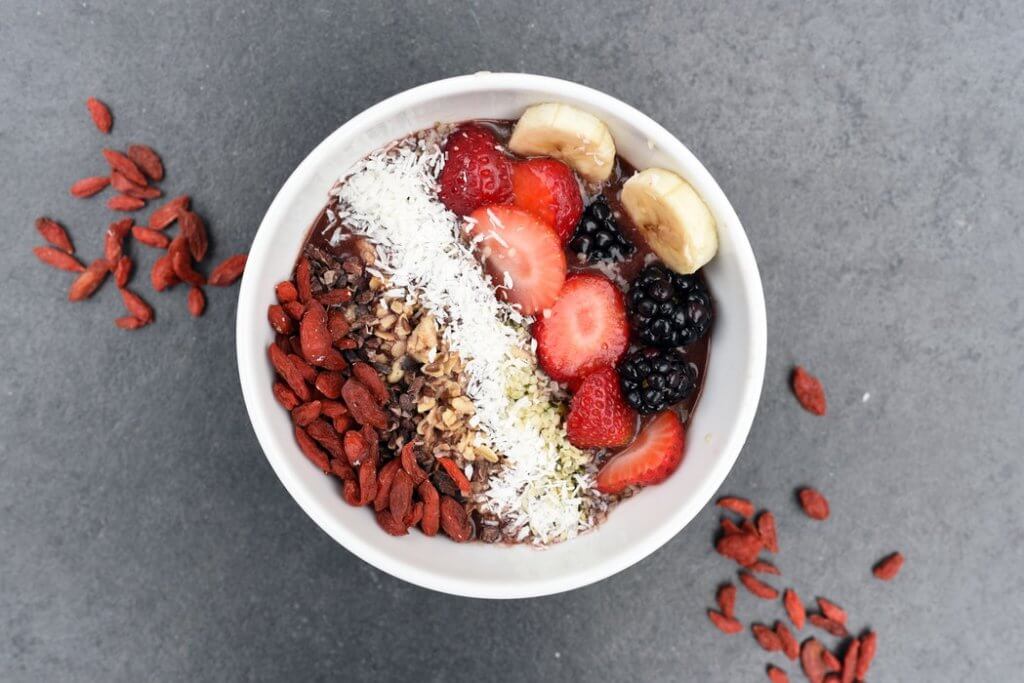
Fast release sugars which you could experiment with during training include bananas, dried fruit, honey, fruit crackers, dates and fruit juice. Homemade energy balls and bars are also ideal. Loaded with dried fruit and nuts, you can rest assured that you will get your sugar hit while also providing your body with beneficial nutrients.
9. A High Protein Meal After a Race Will Aid Recovery
TRUE! Why…
Research suggests that protein in the post-training window is helpful to maximise the repair and adaptation of the muscles that have been used in a training session. Current guidelines suggest 20-25g of protein is required. These amounts of protein can be easily achieved with whole food options.
For optimal recovery, protein, along with carbohydrate for glycogen restoration and fluids are required. Handy post-exercise snacks include yoghurt with fruit and nuts, sandwiches or bagels with chicken/fish/eggs, homemade smoothies or crackers with cottage cheese.
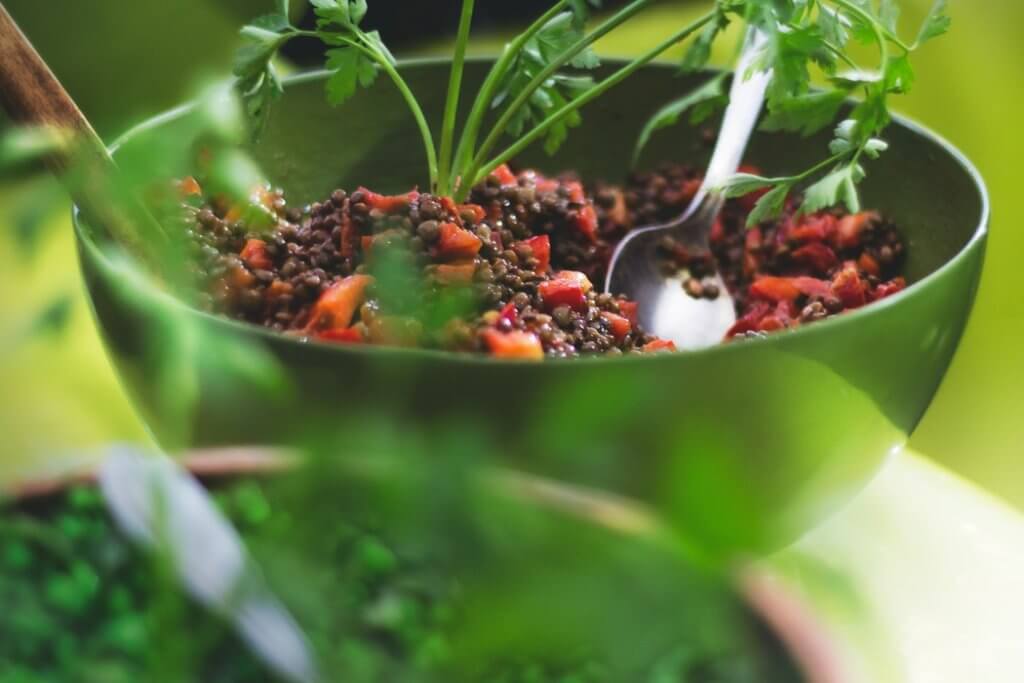
It is important to note that whole foods can provide the body with everything it needs post exercise, however where food is not available or convenient, the use of convenient pre-packaged sports supplements may be helpful in achieving performance and sports nutrition goals.
It is important not to double up on food and supplement consumption as this can lead to weight gain when not carefully monitored. A recovered athlete is more likely to make better quality food choices for the rest of the day than the athlete who is tired and feeling run-down after having no recovery nutrients.
10. Gluten-Free Food is Automatically Healthy
FALSE! Why…
The term gluten-free has been thrown around in recent years with most people believing that it is something which should be completely avoided. In fact, if you ask most people to explain the term gluten to you they would not be entirely sure what it is.
Ballyknocken House: Wonderful Walking and Fabulous Food
Some people use gluten-free and carbohydrate free interchangeably and many people following a gluten-free diet without the advice of a professional are often not excluding all sources of gluten, an example being stock cubes and soy sauce.
So what is gluten? Gluten is a protein naturally found in wheat, barley, rye and some oats. Where a person has an autoimmune condition known as coeliac disease, the body begins to identify gluten as a threat and it will attack it. This can cause damage to the lining of the gut and can lead to issues such as bowel issues, weight loss, malnutrition and long-term – a risk of cancer. Where coeliac disease exists, a person should eliminate gluten from the diet for life.
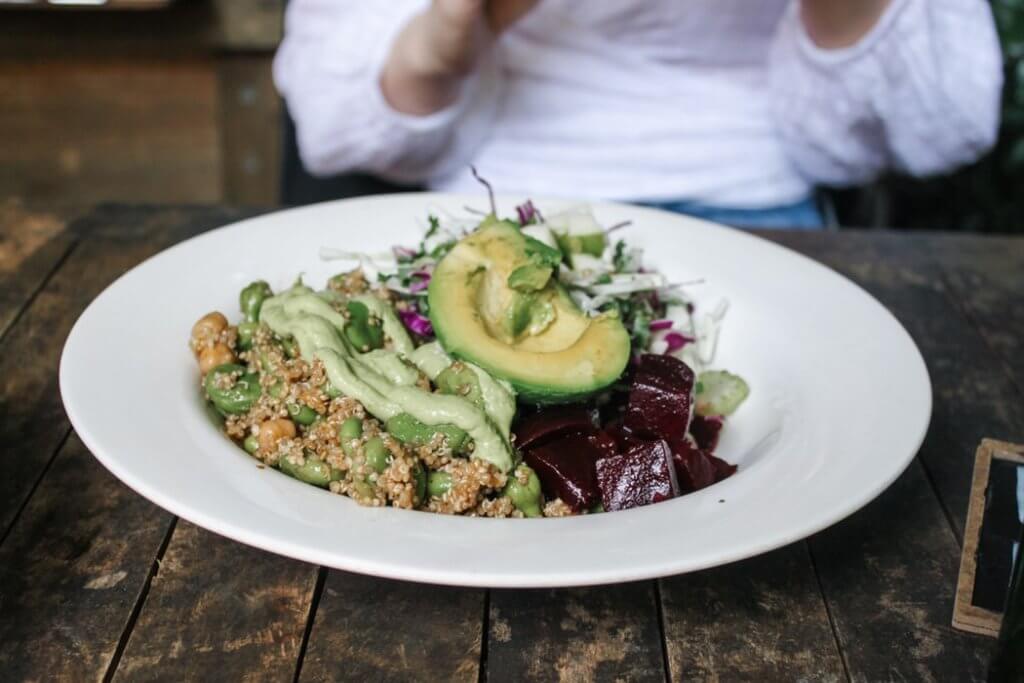
There is no nutritional benefit to eliminating gluten from your diet if you do not have an intolerance to gluten. Self-diagnosis of a gluten intolerance is not recommended. If you are experiencing digestive issues and are reacting to a gluten-containing food such as bread, it may not be gluten in the bread which is causing the issue.
Food is a package of different components and sometimes we may assume that gluten is the cause of our issues where in fact it may be wheat etc. It is important to visit your GP if you are experiencing digestive issues to rule out coeliac disease, inflammatory bowel disease and other potential digestive disorders. You can then visit a dietitian to receive a personalised meal plan to suit you.
Like all packaged foods, gluten-free products are not necessarily healthy. You may even be surprised to hear they usually contain traces of gluten. If you are considering going gluten-free, it would be highly recommended that you consume naturally gluten-free foods such as sweet potato, rice and quinoa as opposed to adding packaged foods into your diet.
Great Healthy Offerings Via Just Eat
- Staple Foods, Dublin
- Cocu, Dublin
- The Punnet Food Emporium, Dublin
- The Good Food Store, Dublin
- Klaw, Dublin
- Mao, Dublin
- Chopped, Dublin
- Diep, Dublin
- Saba, Dublin
- Farm, Dublin
- The Bombay Pantry, Dublin
- Umi Falafel, Dublin
- Freshii, Dublin
- Kale + Coco @Eatyard, Dublin
- Koshiba, Kildare
- Hey Presto, Cork
- Mix Greens, Galway
- T-Go Falafel, Galway
- Nourish Kitchen, Limerick
- Bambu, Limerick
Brought to you by:

Check out our Hard as Nails podcast:
Like this? You should check these out:











